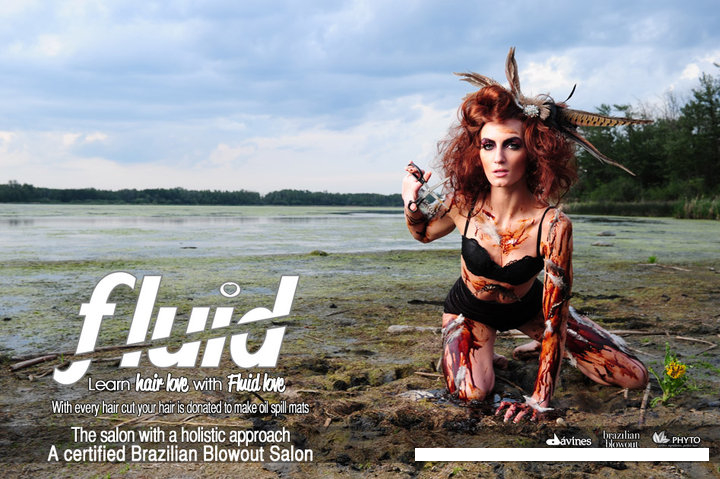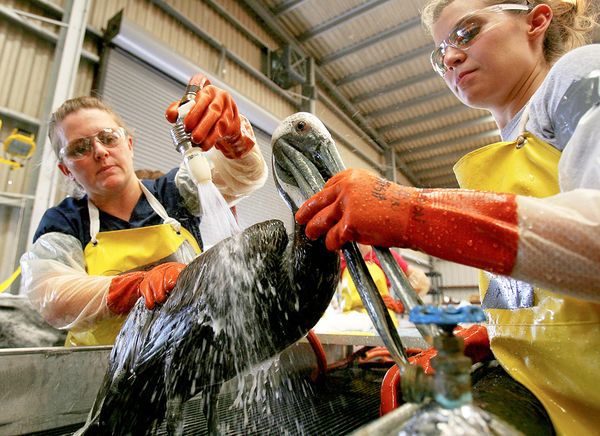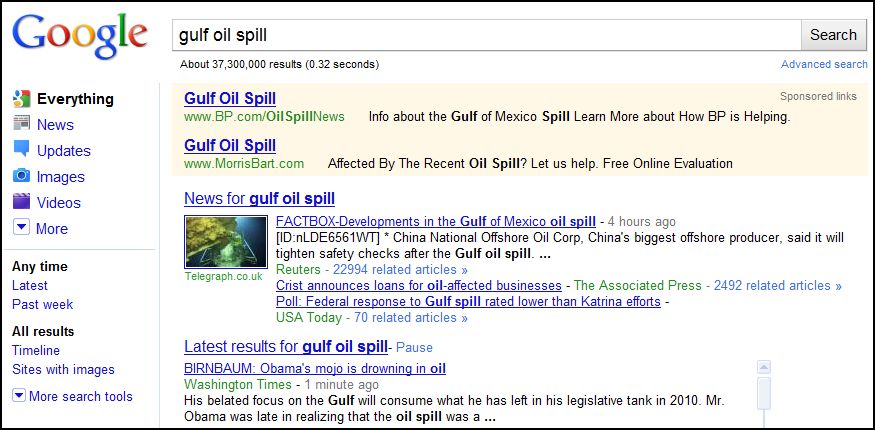
The ad below is the first-ever British TV commercial advertising abortion services family planning options, including abortion. It is being shown late at night and says:
If you’re late for your period, you could be pregnant. If you’re pregnant and not sure what to do, Marie Stopes International can help.
I don’t remember ever seeing such a commercial. Condoms, birth control pills, pregnancy tests, herpes medication, HPV vaccines, tampons, Viagra, and sex, sex, sex, YES. Abortion, NEVER. Salon seems to claim that it’s the first of its kind anywhere.
Have you ever seen such a thing where you live? What do you imagine are the politics around the airing of a commercial advertising abortion services?
Via Feministing.
Lisa Wade, PhD is an Associate Professor at Tulane University. She is the author of American Hookup, a book about college sexual culture; a textbook about gender; and a forthcoming introductory text: Terrible Magnificent Sociology. You can follow her on Twitter and Instagram.















